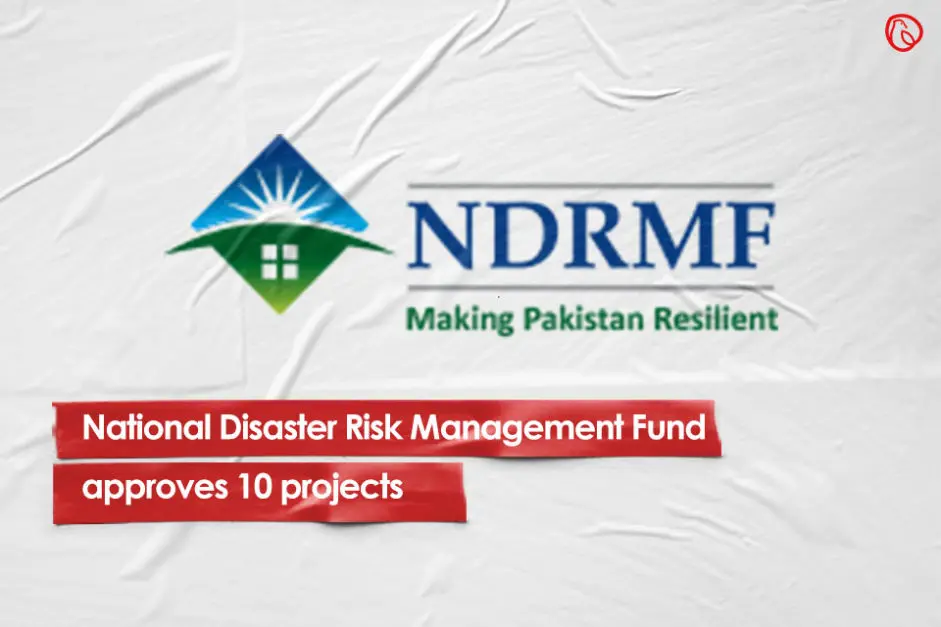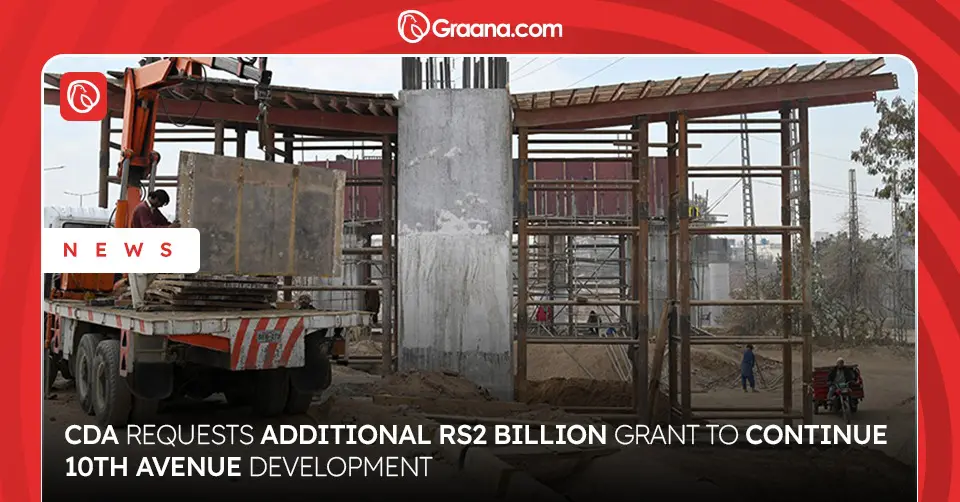Islamabad: The Board of Directors of the National Disaster Risk Management Fund (NDRMF) has approved 10 projects aimed at the reduction of disaster risk at the cost of Rs4.9 billion, including a grant financing worth Rs3.6 billion.
A meeting of the board presided over by the Finance Secretary Naveed Kamran Baloch on Monday found in attendance the Asian Development Bank’s Country Director Ms Xiaohong Yang, Additional Secretary Economic Affairs Zulfiqar Haider Khan, Secretary Climate Change Hassan Nasir Jamy and NDRMF’s Chief Executive Officer retired Lt Gen Nadeem Ahmed.
An official statement said these projects will be implemented by the irrigation departments of Punjab, Sindh, Gilgit-Baltistan, the Provincial Disaster Management Authority, Sindh, the Communication and Works Department of Azad Jammu and Kashmir, Rescue 1122 Gilgit-Baltistan, Pakistan Meteorological Department, Pakistan Poverty Alleviation Fund and Muslim Aid Pakistan.
The projects are aimed at a variety of disasters. The focus is mainly on management and reduction of the risk. The projects include activities related to Flood Protection Works, Tsunami & Earthquake Early Warning System, Landslide Control Management, Emergency Response Services, Weather Radar System, Drought Mitigation and Community-based Disaster Risk Management. The complete cost of these projects is estimated at Rs4.925 billion. The NDRMF shall finance around Rs3.6 billion through a grant, and the remaining amount shall be made available by government and non-government entities. The fund has already approved disaster risk reduction projects worth approximately Rs2.5 billion early this year, which bring the cost of projects launched this year to over Rs7.5 billion.
These projects are in the nascent stages of implementation. The National Disaster Management Authority, Punjab Irrigation Department, Pakistan Red Crescent Society, Islamic Relief Pakistan and a joint venture of Aga Khan Foundation and Aga Khan Planning and Building Services are making steady progress in the implementation of the projects launched early this year.
The NDRMF is actively trying to help the authorities increase the resilience against the vulnerabilities faced due to various natural hazards that are faced by the country and its population. These disaster risk reduction schemes are aimed at reducing the socioeconomic and fiscal vulnerabilities by financing infrastructure and schemes specifically targeting risk reduction. These projects will certainly help in decreasing the risk and will have high economic impacts.




